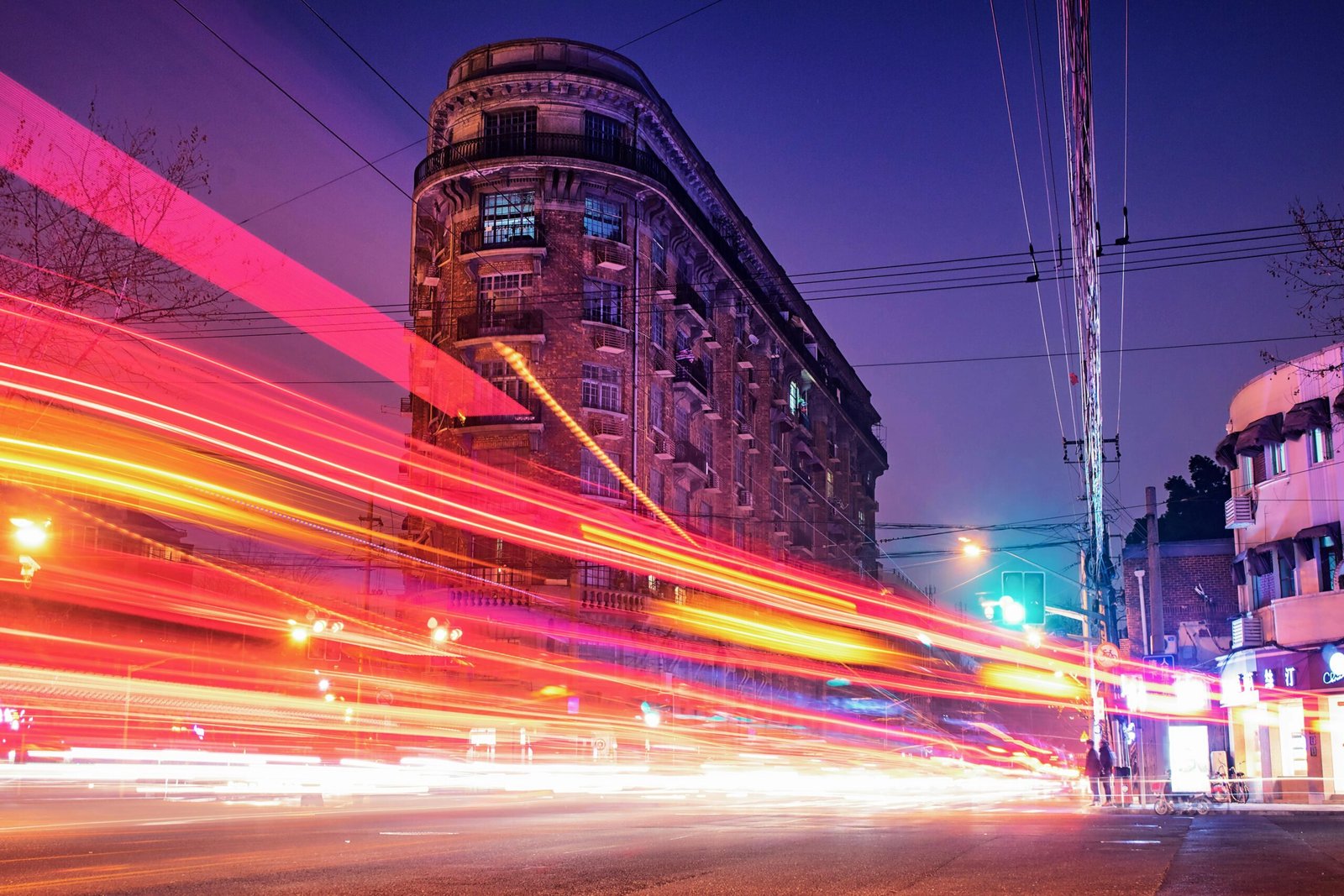In today’s interconnected world, fast and reliable internet is essential for economic growth, education, and overall quality of life. As technology advances, countries are investing heavily in their digital infrastructure to provide faster internet speeds and better coverage for their citizens. But which countries currently have the fastest internet in the world? And how widespread is internet access globally in 2025?
This article explores the nations with the fastest broadband and mobile internet, discusses internet coverage around the globe, and highlights future trends shaping global connectivity.
The Fastest Internet Speeds in 2025 (Fixed Broadband)
According to the most recent data from Statista, the countries with the fastest average fixed broadband internet speeds as of 2025 are:
- Singapore — 345.33 Mbps
- United Arab Emirates (UAE) — 313.55 Mbps
- Hong Kong — 305.71 Mbps
- France — 287.44 Mbps
- Iceland — 281.95 Mbps
These countries have invested heavily in fiber-optic networks and next-generation broadband technologies, which allow them to provide high-speed internet to homes and businesses. Singapore, consistently at the top, benefits from advanced infrastructure and a compact urban environment that facilitates efficient deployment of fiber connections.
The UAE and Hong Kong have focused on both infrastructure and regulatory frameworks that encourage competition and innovation among internet service providers, helping boost speeds and reliability.

Leading Countries in Mobile Internet Speed
Mobile internet is critical for millions who rely on smartphones and portable devices for daily connectivity. In 2025, the countries with the fastest average mobile internet speeds include:
- Qatar — 286.42 Mbps
- United Arab Emirates — 284.21 Mbps
- Kuwait — 216.96 Mbps
- South Korea — 173.95 Mbps
- Denmark — 157.94 Mbps
These nations lead thanks to widespread 5G network deployments and government initiatives promoting advanced mobile technologies. The rapid adoption of 5G has transformed mobile internet, enabling data-heavy applications like video streaming, remote work, and augmented reality with minimal lag.
Global Internet Coverage: Progress and Challenges
While developed countries enjoy near-universal internet access, approximately 2.6 billion people worldwide still lack internet connectivity in 2025, according to reports by The Times of India. Most of these individuals live in remote or rural areas where deploying infrastructure is costly and difficult.
This “digital divide” limits access to essential services like education, healthcare, and economic opportunities. Bridging this gap is a top priority for governments, NGOs, and private companies worldwide.

Emerging Technologies and Future Outlook
Many countries are adopting innovative solutions to improve internet access and speed. For example, India is gearing up for one of the fastest satellite communication rollouts in the world, aiming to connect millions of underserved areas via satellite internet (Times of India).
Such initiatives promise to dramatically reduce the digital divide and accelerate economic growth by ensuring more people can participate in the digital economy.
Conclusion
Internet speed and coverage vary significantly worldwide in 2025. Some countries lead the pack with ultra-fast broadband and 5G mobile networks, while many regions still struggle with limited connectivity. Closing this gap is critical to creating equal opportunities and fostering global development in the digital age.
Need a professional website to grow your business across the EU?
👉 Rakuzan.eu provides digital business solutions tailored for entrepreneurs — website development, optimization, and more.
Launching your online presence? Make sure your hosting is fast and reliable.
👉 Use Hostinger to get started quickly and affordably.
Disclaimer: This article is for informational purposes only and does not constitute financial, tax, or investment advice. Readers should consult with a licensed professional before making any financial or business decisions.





